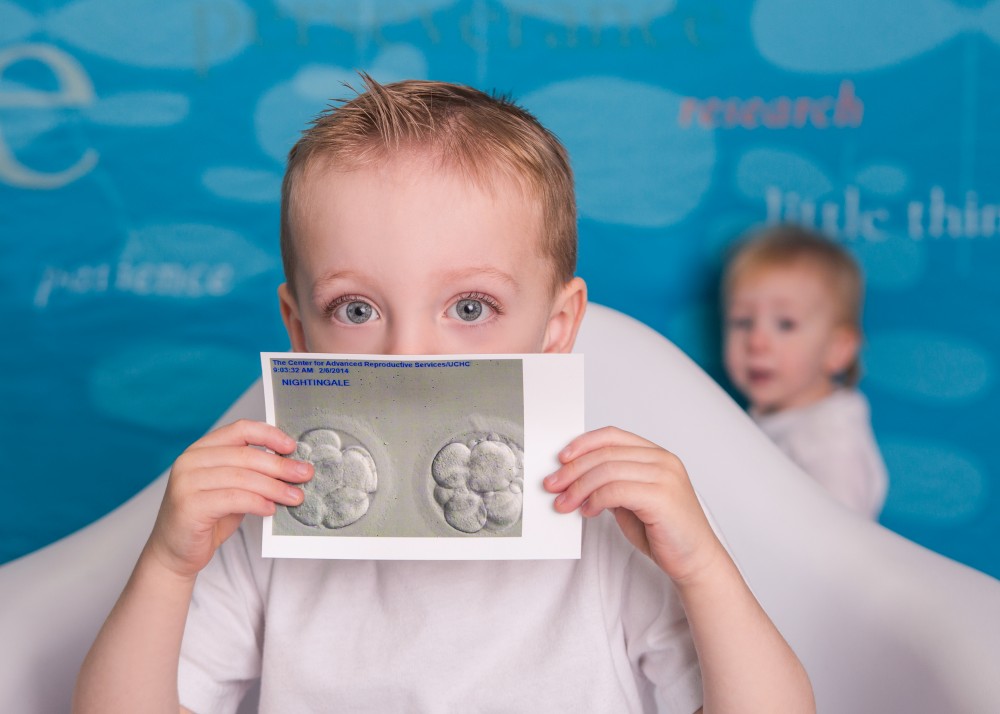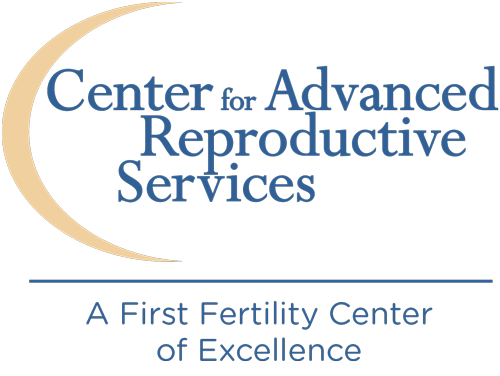- Why Choose Us
Success Stories
Our Facilities
Academics/Research
- Start Your Journey
- Family Building Programs
Integrated Health & Wellness
- News & Video
Video Library
News + Events
Contact Us
- Patient Portal
Online Payments
- For Physicians
The Center for Advanced Reproductive Services is a part of the First Fertility family of centers. Learn More About The Center.
Genetic Screening for Aneuploidies (PGT-A)
The growth of an embryo into a baby is guided by its chromosomes. When the embryo is missing or has extra chromosomes, the condition is known as aneuploidy. An aneuploid embryo is an embryo that is missing or has extra chromosomes.
PGT-A, or preimplantation genetic testing for aneuploidies, is an IVF procedure that screens embryos for chromosome abnormalities prior to transfer. The goal is to increase the likelihood of a successful pregnancy.
PGT-A testing uses next-generation sequencing, the most cutting-edge technology available today, to provide the most accurate results.
Successful IVF Pregnancies Begin with Viable Embryos
Aneuploid embryos are not usually viable. These embryos often fail to implant, and those that do, generally result in miscarriage. In cases where aneuploid embryos do develop to term, the most common condition is Down’s Syndrome, a disorder associated with having three copies of chromosome 21.
Fortunately, PGT-A can accurately identify those embryos so only viable embryos are selected for implantation. PGT-A improves IVF success rates and also reduces high-risk multiple births by enabling the transfer of a single embryo.
PGT-A and Maternal Age
PGT-A can eliminate the effect of maternal age on implantation. And, can reduce the negative effect of maternal age on miscarriage.
Aneuploidy exists across women of all age groups and increases with the woman’s age. Women over age 35 have almost double the risk of aneuploidy in comparison to younger women. When PGT-A is used to select embryos with the normal number of chromosomes, the negative effect of maternal age on implantation is eliminated, and, much lower miscarriage rates can be achieved.
PGT-M and PGT-SR
While PGT-A looks for missing or extra chromosomes, there are additional PGT tests that look for specific inherited abnormalities and can be performed either for inherited genetic diseases or for inherited chromosome rearrangements.
Preimplantation Genetic Testing for Monogenic/Single-Gene Disorders (PGT-M) is performed when a patient has an increased risk for a specific genetic condition that can be passed onto his or her children, or for women who are carriers for an X-linked condition, or when an individual and their partner are both carriers for the same autosomal recessive condition. These include specific inherited conditions controlled by a single gene such as Huntington’s disease, sickle-cell disease, or Fragile X syndrome.
Preimplantation Genetic Testing for Chromosomal Structural Rearrangements (PGT-SR) is performed when a patient or their partner has a rearrangement of their own chromosomes. It looks for specific inherited chromosome abnormalities, like reciprocal translocations, Robertsonian translocations, or inversions. Embryos with missing or extra pieces of chromosomes are more likely to result in a miscarriage or a child with serious health issues.


